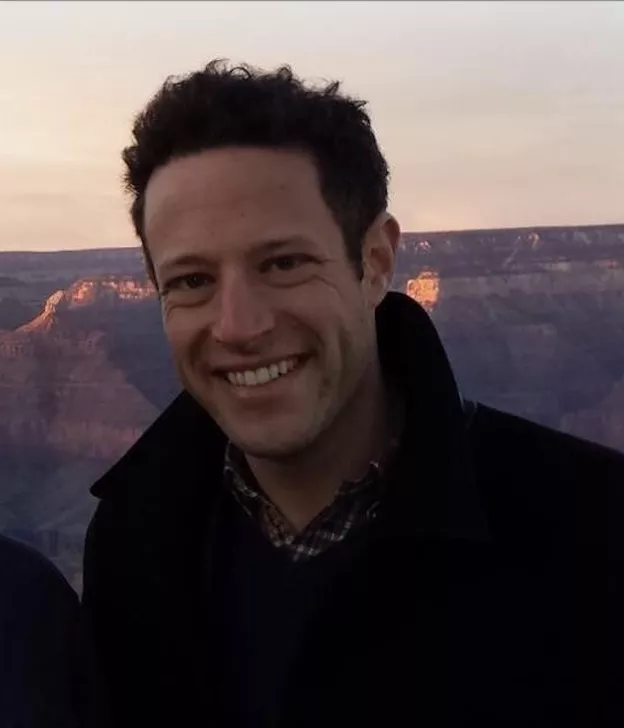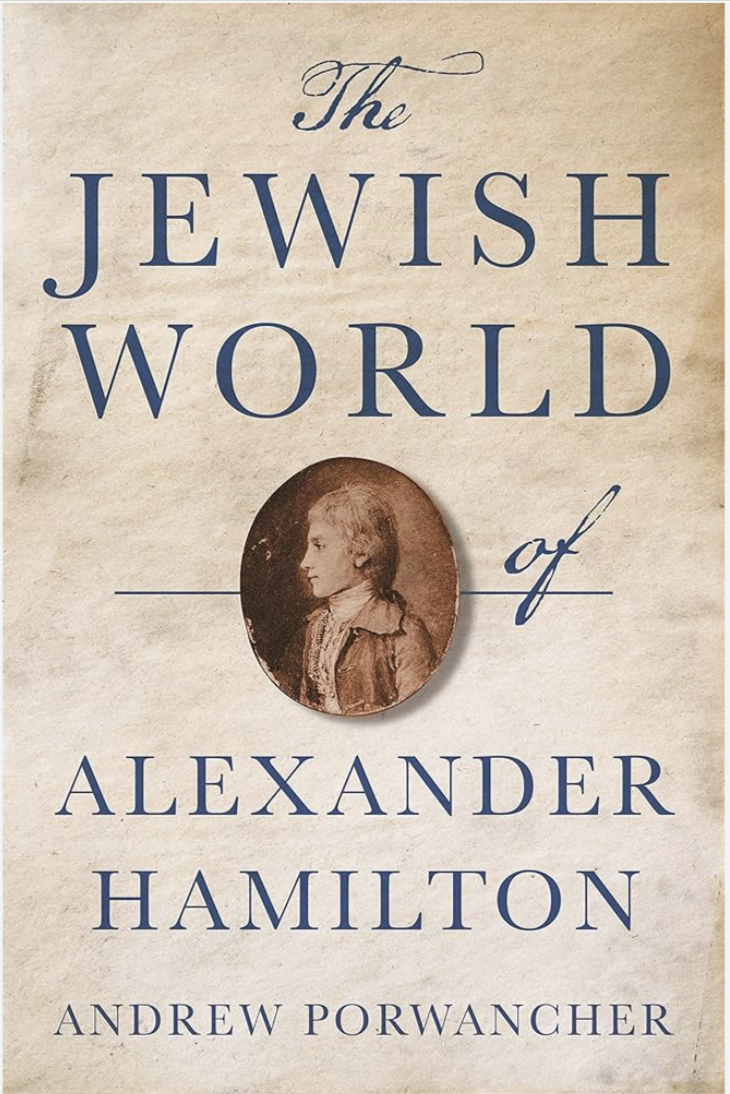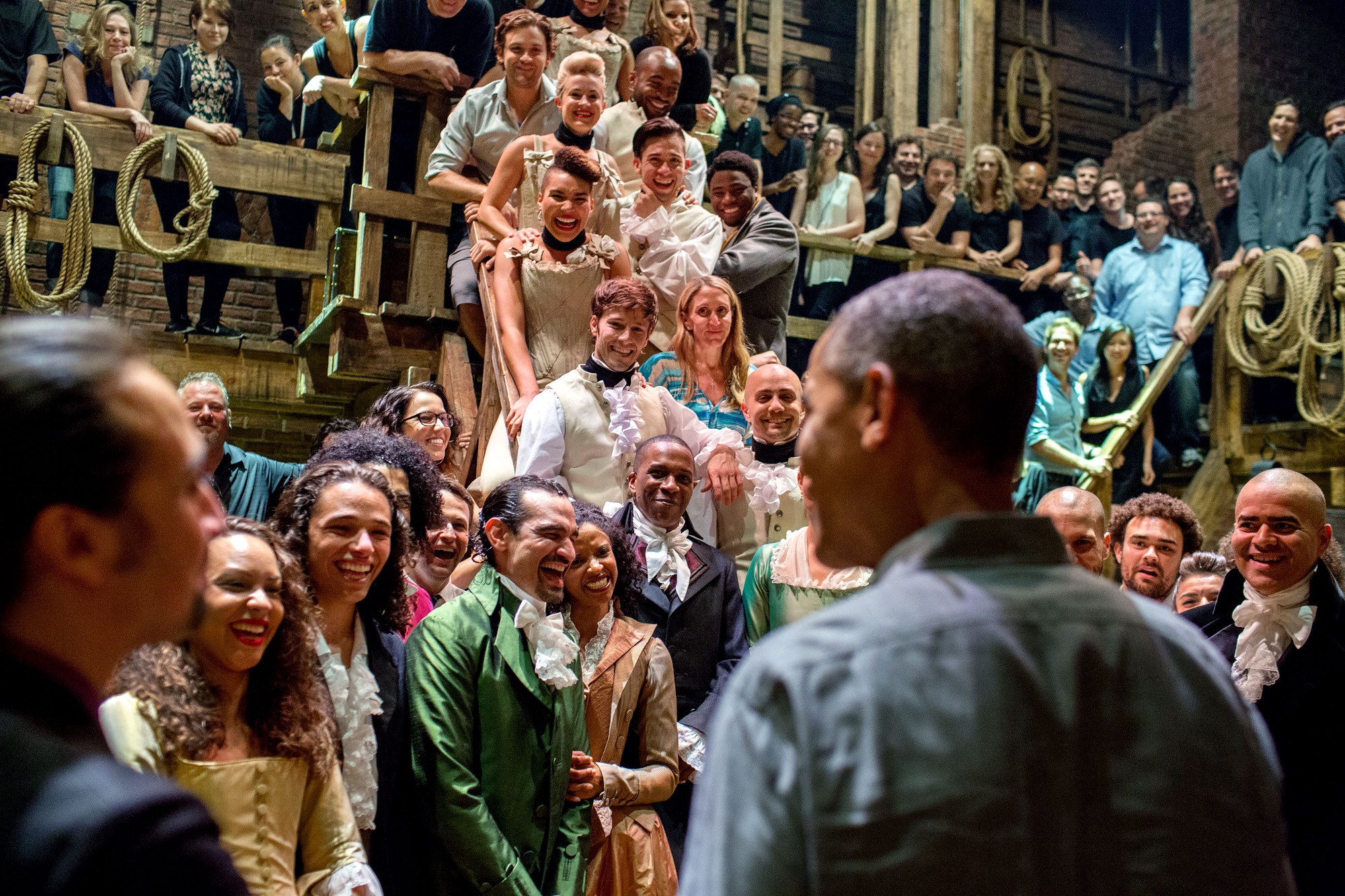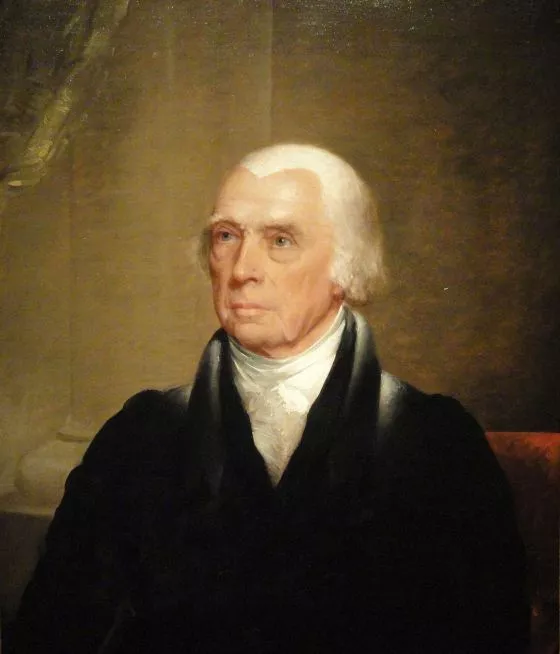
An interview with Professor Andrew Porwancher
JMC Resident Historian Elliott Drago sat down with JMC Miller Fellow Andrew Porwancher. Dr. Porwancher is Professor of Legal History at Arizona State University.
The fundamental questions of self-government endure
ED: What inspired you to become an American historian?
AP: I became a historian because I wanted to spend my life telling stories. Storytelling is the most ancient—and still the most powerful—form of communication ever devised by human beings. The instinct to understand the world through narrative is hardwired into our DNA.
Historians are uniquely positioned by dint of our trade, with its central focus on the journey of humankind, to take full advantage of that primal desire for stories. I chose to study American history specifically because it’s just so damn interesting. Full of colorful characters and unexpected twists, our nation’s past offers the kind of high drama that would beggar the imagination of our most creative novelists.

ED: Describe your favorite research “rabbit hole,” and the results of that quest.
AP: My favorite rabbit hole was Alexander Hamilton’s mysterious youth. Most Hamilton scholars—in thrall to the momentous events of his American adulthood—overlook his Caribbean childhood. I was struck on learning about his early life that he grew up with a mother named Rachel Levine who enrolled him in a Jewish school. Previous Hamilton scholars had glossed over these details, assuming he was a cradle-to-grave Christian, but I was skeptical of that inherited wisdom.
Taking seriously the possibility that Hamilton might have had a Jewish upbringing, I fell down a rabbit hole that took me to archives the world over to uncover the truth about his religious origins. What I found was a colorable case that Hamilton was indeed raised Jewish. To be sure, Hamilton identified as a Christian in his American years. But he never forgot his roots—it turns out that no other founding father did more than Hamilton to ensure religious equality for American Jews. After researching this story for the better part of a decade, I was finally able to publish my findings in my recent book, The Jewish World of Alexander Hamilton.
ED: What do you consider an underrated moment in the American founding?
AP: Great question. The Constitutional Convention’s decision to ban religious tests for federal office is among the most significant—and overlooked—moments in the American founding. In the realm of religious liberty, that clause is arguably even more important than the First Amendment.
Many of the early state constitutions adopted before 1787 had language protecting religious liberty in the abstract, just like the federal Free Exercise Clause would. But in practice those same state constitutions often imposed significant religious restrictions on eligibility for the legislative assembly.
How free, really, is the exercise of your faith if the doors of the statehouse are shut to you on account of your religion?
AP: One lesson from the state constitutions is that an abstract nod to religious freedom means very little on its own. The U.S. Constitution’s ban on religious tests was a substantive grant of equality that distinguishes the document as a major advance for religious freedom.

ED: Given your work and popular culture’s infatuation with Alexander Hamilton, how do you think Hamilton would interpret the renewed interest in his life and times?
AP: It’s an admittedly risky exercise for us to assume that we know the minds of our closest living relatives, much less the mind of an eighteenth-century statesman who remains an enigma to this day! But that disclaimer aside, my instinct is that Hamilton would relish the attention that’s been lavished on him since the Broadway musical premiered.
He cared deeply about what people thought of him. Indeed, just before his duel with Aaron Burr, Hamilton explained that his concern for the public’s estimation of him was a factor in his decision to hazard his life for his honor. It’s not difficult for me to imagine him smiling wide at his newfound fame in our modern moment, although he surely couldn’t have predicted that his reputation’s resurrection would rest in the hands of a playwright.
ED: How do you wish you could change your field?
AP: I would love to see the field of history reinvigorate the study of political institutions. Rarely do history departments mint new PhDs with expertise in the presidency, Congress, or the courts. As a consequence, few history majors today leave their campuses fully prepared for the obligations of citizenship. In a democratic society, the discipline of history has a moral duty to educate the rising generation in the foundations of our civic life. Happily, there are signs of a renaissance afoot. What began as a lone school of civic thought at my own academic home, Arizona State, is quickly spreading to other public universities, from Florida and Texas to Tennessee and North Carolina. I genuinely feel more optimistic now than I have at any point in my career.
ED: What career advice would you give to up-and-coming historians?
AP: My advice: don’t be afraid to make your scholarship interesting. Many young historians first learn the field by reading secondary texts whose prose is dense, whose sentences are overlong, and whose diction is needlessly esoteric. Too much scholarship reads less as an exciting window onto the past and more as an exercise in pedantic signaling about the author’s intellect. That kind of work rests on a tacit assumption that inaccessibility is an index of rigor. Don’t be duped!
A work of history that is gripping in its details and literary in its language is a mark of its sophistication. You can and should wed high standards to broad appeal.
AP: The public beyond the university gates is hungry for great history—biography is the single best-selling genre of non-fiction books—and publishers will look very kindly on young historians whose first book manuscript is a pleasure to read.
ED: What has your research taught you about America’s founding principles and history?
AP: My research has taught me that America’s founding principles—majority rule, civil liberties, judicial independence, rule of law—do not endure of their own accord. Every generation has to fight anew in defense of our experiment in self-government.
A constant pursuit
AP: In the very first Federalist Paper, James Madison famously wrote that America’s fate would determine “whether societies of men are really capable or not of establishing good government from reflection and choice.” He understood that the American experiment was the exception; far more common was rule by brute force and happenstance.
Madison’s insight is as relevant in our day as it was in his own. Democracy remains precious, and like many precious things in this world democracy requires constant vigilance in order to survive.

ED: What’s one thing you wish that every student knew about American history?
AP: I wish that students of American history knew just how much the challenges of our century originated in the founding era. Today, we have lively debates about the scope of individual rights, about the size of government, about America’s role in the world. These were the self-same issues that preoccupied the first generation of American citizens.
Of course, our society looks very different from theirs. But the discrepancies between their era and our own only makes the consistencies all the more striking. The fundamental questions of self-government endure still today. A firm grasp on how prior generations grappled with those same questions is perhaps the most powerful tool a citizen can wield in the perennial work of perfecting our Union.
ED: Inspiring insights, thank you for taking the time to speak with me!
Elliott Drago serves as the JMC’s Resident Historian and Editorial Manager. He is a historian of American history and the author of Street Diplomacy: The Politics of Slavery and Freedom in Philadelphia, 1820-1850 (Johns-Hopkins University Press, 2022).
